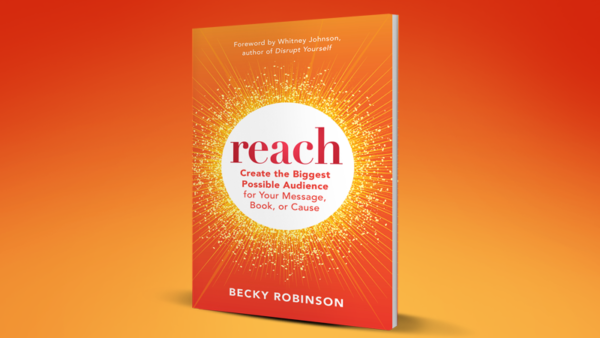I remember piles of New Yorker magazines on my mom’s kitchen table. Mama Lucille used to say that “if you read one good article in here it is worth the subscription price” and like many of mom’s”Lu Laws” she was right of course. That one New Yorker article for me recently was written by Surgeon Atul Gawande and is called Personal Best. In it he describes his journey as an experienced surgeon who asked his former teacher to observe him and provide feedback on his approach. He concludes that the suggestions were extremely helpful and that more of us could benefit from seeking out this type of focused support. Gawande asks why doctors shouldn’t follow the lead of athletes and performers who continue to seek coaching to improve their performance.
I am impressed at my recent coaching clients who are highly successful in their fields but who continually seek to improve themselves. It is not that they are dissatisfied with their performance. They could easily rest on their achievements. But like Dr. Gawande they seek continuous learning and improvement to become better versions of themselves.
He eloquently writes, ” The sort of coaching that fosters effective innovation and judgment, not merely the replication of technique, may not be so easy to cultivate. Yet modern society increasingly depends on ordinary people taking responsibility for doing extraordinary things: operating inside people’s bodies, teaching eighth graders algebraic concepts that Euclid would have struggled with, building a highway through a mountain, constructing a wireless computer network across a state, running a factory, reducing a city’s crime rate. In the absence of guidance, how many people can do such complex tasks at the level we require? With a diploma, a few will achieve sustained mastery; with a good coach, many could. We treat guidance for professionals as a luxury—you can guess what gets cut first when school-district budgets are slashed. But coaching may prove essential to the success of modern society.”
What is your coaching plan for 2012? How about asking a respected colleague to observe you and offer feedback?





